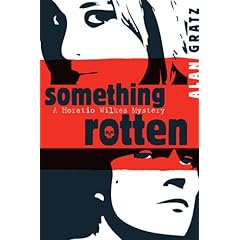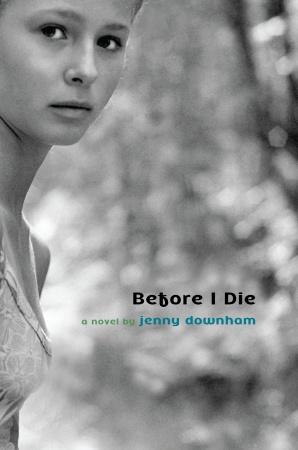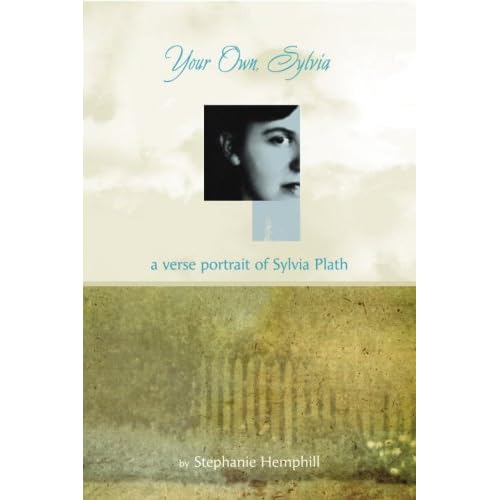 Ever since I heard Meg Rosoff had a new book out, I've been desperate to get my hands on it. How happy I was then to discover it by happenstance at work while perusing the galleys available for staff to take home and read! What luck no one had already snatched it up. I read it the same day.
Ever since I heard Meg Rosoff had a new book out, I've been desperate to get my hands on it. How happy I was then to discover it by happenstance at work while perusing the galleys available for staff to take home and read! What luck no one had already snatched it up. I read it the same day.The book begins as a 16 year old boy is dropped off at St. Oswald’s boarding school. It proves to be a particularly a poor example which specializes in bad food, cramped rooms, and plumbing from the 1800s. The teaching staff seems dedicated to low expectations of students, thus being able to maintain as many students as possible, a difficulty no doubt seeing how it is a third rate school. H (our unnamed narrator) has been kicked out of two previous schools. He’s not a scholar, he’s not an athlete, he’s not really much of anything.
“My lack of distinction was mainly restricted to photographs andRosoff’s writing is spectacular. This is her third novel, her first for adults, and the writing in my opinion left very little to be desired. I’d love to post entire sections to show how wonderfully she is able to describe the setting both social and physical. It was her ability to describe that drew me into the story rather than the characters themselves. I found the narrator to be off-putting and not sympathetic in the least. But the landscape was breathtaking. It was at the mercy of the tide, the weather, and gravity. The coastline was slowly sinking, quite literally into the sea and had already reclaimed medieval towns. Simply put, it had a history so rich I wanted to know more than just the glimpses she offered me.
schoolwork. When it came to opinions, I was (I am) like the sword of Zorro:
swift, incisive, deadly. My opinions on the role of secondary education, for
instance, are absolute…
…I will, however, grant them something. Without the first, I would not
have ended up at the second. Without the second, I would not have attended St.
Oswald’s. Without St. Oswald’s, I would not have met Finn.
Without Finn, there would be no story.”
Alternately, the characters, H especially, left more to be desired. I never warmed up to him. He was cold, distant and sort of analytical – an old man who was telling the story of his 16th year. A man whose blunt recounting seemed to be telling everything (including the ugly parts), but still somehow managed to feel as though he was holding back. Much of the book deals with his feelings towards Finn, the boy who lives in an old fishing shack on an island only accessible during low tide. It is never clear what his true feelings for Finn are. Does he worship him as someone he wishes he could be? Does he have romantic feelings for him? Is it more akin to obsession? Or does he feel something based on an intuitive sense of the big secret Finn is hiding? The relationship is further complicated by Reese, a school mate of H’s. Is Reese meant to serve as a mirror to H? An example of H in an alternate reality of what could be, should be, or might be? I certainly didn’t come to any conclusion (although other reviewers seem to have).
It is this uncertainty that led me to feel some frustration with the book. Along with my inability to like H in any way, shape, or form. I just didn’t like him. And for me, that’s ultimately what kept this book from really shining. The writing was stellar, but I never felt as though I made the necessary connection with the characters.
I find it interesting Rosoff’s status as an author of Teen Fiction is obviously confusing the heck out of people because no one seems to know where to place this book. Not only is it showing up on many sites as a teen book, but it was also reviewed in The Times Children’s Books section and The Guardian seems to sidestep the issue. The back of the book (although I am referring to the unpublished galley) clearly states that this is an adult book. In fact, it refers to her as “Formerly a YA author.” Read an article written by Rosoff herself as she deals with that sticky area of who she is actually writing for. In my opinion, this seemed like an adult book. Not because there was anything “indecent” or risqué, but because it just didn’t seem to have much in the way of teen appeal.



















